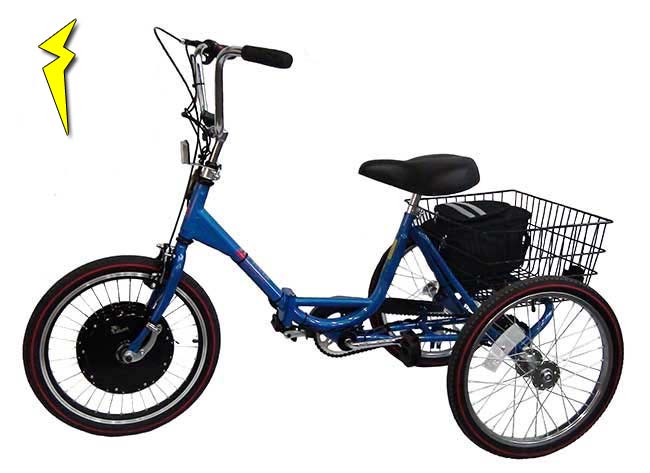Mobility Aids
Canes and walkers
As leg muscles weaken, a cane or walker can provide balance and stability, reducing the risk of falls.
Wheelchairs and scooters
If walking becomes too tiring, a manual or power wheelchair can help you move around more easily. Scooters are another great option for longer distances.
Leg braces and AFOs (orthotics)
Braces and ankle-foot orthoses (AFOs) support weak muscles and help with foot drop, which can cause tripping. They make walking safer and more comfortable.
Daily Living Aids
Reacher grabbers
These long-handled tools help pick up objects without bending or stretching.
Electric toothbrushes and razors
These make personal care easier when arm and hand muscles weaken.
Adaptive utensils
Silverware with larger handles or built-up grips makes eating less tiring.
Button hooks and zipper pulls
These tools make dressing easier if hand strength is limited.

